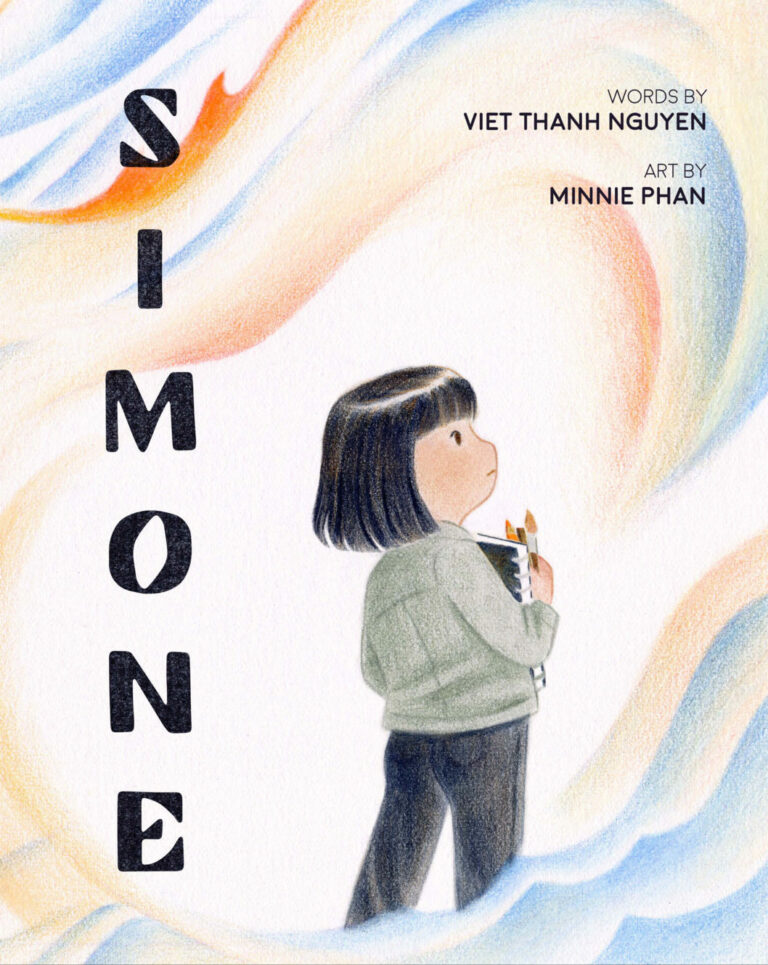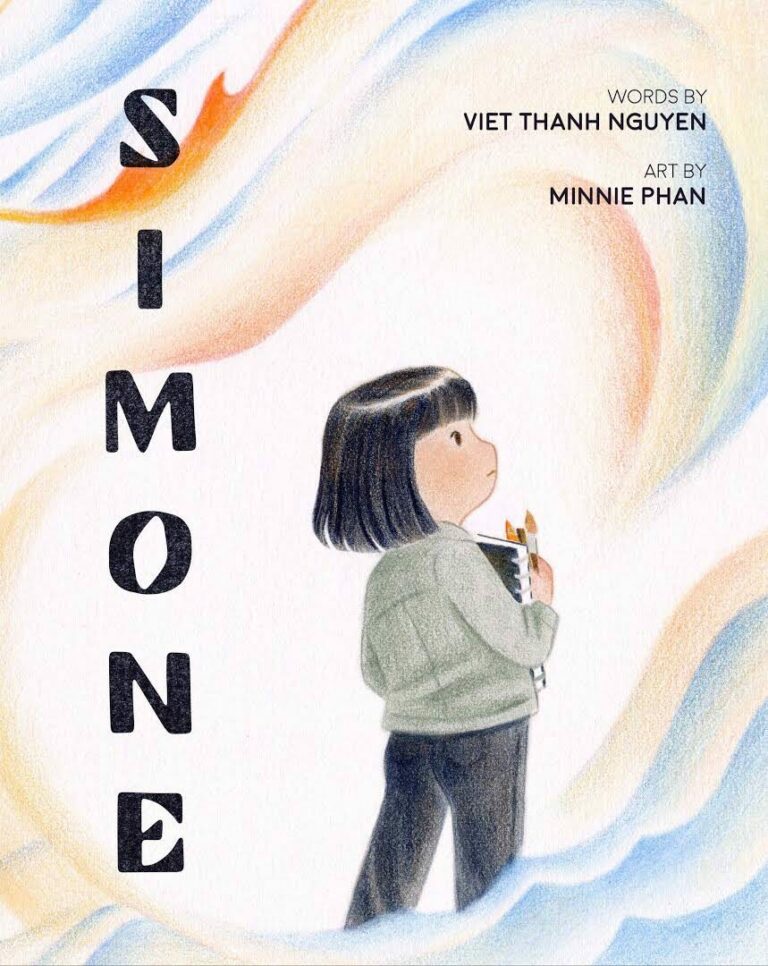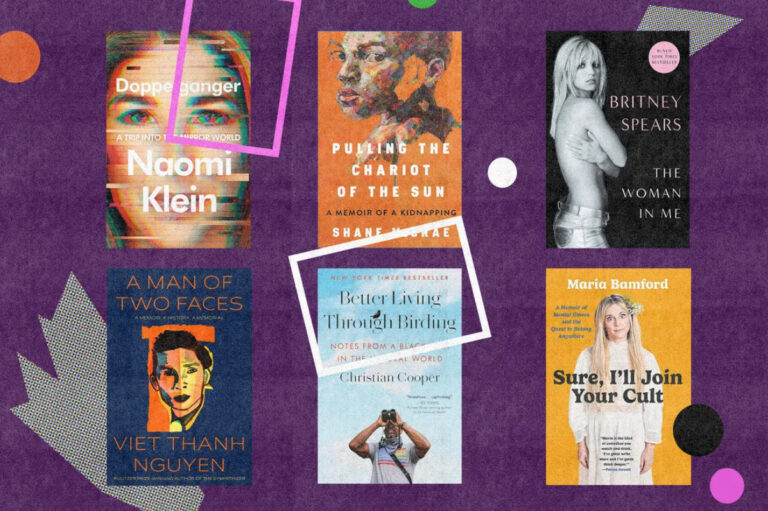“I am a spy, a sleeper, a spook, a man of two faces,” Viet Thanh Nguyen’s 2015 debut novel, “The Sympathizer,” begins. The unnamed narrator is a biracial, American-educated communist informant in the employ of a South Vietnamese general in the waning days of war. His twin faces — North and South, East and West, communist and nationalist, white and not — grant him the titular sympathy that is both a blessing and a curse. A “man of two minds,” he commiserates with his foes as easily as he deceives his friends. Lauren Christensen reviews a Man of Two Faces for the New York Times

This “tragicomic” (per the Book Review) “anti-immigrant saga” (per Nguyen) earned the author a Pulitzer Prize and a rank among what he calls America’s “literary proxies for the less powerful, ethnic representatives in the so-called culture wars over the nation’s past, present and future.”
Eight years, a sequel and a story collection later, Nguyen has written “A Man of Two Faces,” a second-person, stream-of-consciousness memoir of his coming-of-age in San Jose, Calif.; of the vestiges of a refugee experience he does not remember but sees imprinted on his mother, father and older brother, who do; of his academic career and his writing and his high school girlfriend and his current wife and his son and daughter and his thoughts about the refugee crisis and “AMERICA™” and Ukraine and George Floyd and “Apocalypse Now” and racial hierarchy and imperialism writ large.
It’s a lot of terrain to cover, and the stretches of impersonal polemic are just that — so unspecific they risk banality. About Donald Trump’s nicknames for Covid-19, Nguyen writes, “The Chinese virus or the Kung Flu takes aim at the Chinese, but to some, all Asians look the same.” On the myth of capitalist meritocracy: “As the model minority, you may have worked hard to get what you have, but so do all the people suddenly deemed essential workers in the age of the global plague. … Slave masters called enslaved people lazy even as they worked them to death.” These revelations offer little we don’t already know about the author, essential workers or slavery.
If Nguyen intended this as a memoir not so much of what happened as of how it felt, it turns out that in the past decade he has felt a lot of the same things the rest of America has, too. It helps to learn, in the acknowledgments, that the book was compiled from essays, interviews and lectures Nguyen has given in the years since “The Sympathizer” was published. It’s easy to imagine these theses landing with greater force in a graduate seminar in 2020 than they do today.
But if the book’s fragmentary origins are conspicuous, so is the author’s prodigious gift for distilling memory, and its absence, into words that cannot be lost. Scattered throughout are the shards of an intimate personal history, leaving the reader to comb through the debris as if searching for the remains of a loved one. There is the escape he does not remember from his birthplace, Buon Ma Thuot in South Vietnam, in the spring of 1975, when he is 4; the military bases in the Philippines, Guam and Pennsylvania; the (temporary) separation from his parents when families of newly arrived asylum seekers were divided among the homes of different American sponsors. “A force more powerful than your parents took you away to give your father and mother time to become self-sufficient,” Nguyen writes. “But a child only understands the powerlessness, the abandonment, the sound of his screaming.”

They do become self-sufficient, and after a brief stint in Harrisburg, Pa., the Nguyens move in 1978 to San Jose, where Ba Ma — the Vietnamese construction that fuses two parents, Ba and Ma, into a single entity — open a grocery store called SaiGon Moi on East Santa Clara Street, “the digestive tract running through the city’s potbelly.” At 8, he eats all the fried sesame-seed balls he wants and ogles the Vietnamese-language martial arts novels that he will never be able to read.
In the relative comfort of San Jose, where Nguyen has “everything I need but almost nothing I want,” he learns that the secret to surviving a bifurcated upbringing is … keeping secrets, including his high school girlfriend, J, a Filipina refugee who lives three hours away and drains his comic book collection in long-distance phone bills. “In Ba Ma’s house,” he writes, “you are an American spying on them. Outside their house, you are a Vietnamese spying on Americans and their strange ways and customs.”
He also learns the fragility of his seemingly “immortal” parents, and the danger of feeling too deeply. When a phone call on Christmas Eve informs Nguyen and his brother that their parents were shot at the store, young Nguyen keeps laughing at the cartoons on TV (“Is numbness a feeling?”). Years later, a blond gunman knocks on their door and forces mother, father and son onto their knees with a .22-caliber revolver. Everyone survives; neither episode lasts more than a couple of pages. “Your family never speaks of this incident,” Nguyen writes of the first, “just as you will never speak of so many things.”
It is not lost on the author that a young man afraid to talk about his own feelings turns, in graduate school, to the comforting opacity of critical theory. But Nguyen never acknowledges the possibility that even within this book, he dilutes the pain of personal experience: Those passages of well-worn social observation can feel like a retreat from self-examination into the safer distance of generality.
When he was an undergraduate at Berkeley, his professor Maxine Hong Kingston called him out on this habitual retreat. “I believe you are trying again and again to approach the heart of your story (mother lands in the hospital),” she writes in a letter unearthed 30 years later. “But you have not gotten to the center of things.”
As far as its radius extends, “A Man of Two Faces” does eventually reach the author’s center: as an elegy for Ma, who died from a long illness in 2018.
Twice a refugee — first from her home village in North Vietnam at 17, and then from South Vietnam at 38 — Ma is the author’s motivation both for writing and for staying silent. “If I re membered everything about Ma and wrote it down, is it betrayal?” he asks, his ubiquitous, fractured “re membered” reminding us of the distortion inherent in resurrecting the past.
She wouldn’t have wanted him to reveal her depressive “breakdowns,” her agonizing stays in the Asian Pacific Psychiatric Ward, times Nguyen cannot, or will not, re member anyway. She would have deemed “shameful” her decades-long “voyage into surreality,” which he can only write about now that she’s gone.
When she dies, at 81, “Ma will not count as one of war’s casualties,” he writes; but isn’t she? Ba instructs Nguyen to close her eyes and then her mouth. But when the son lifts her jaw, it only “falls open again.” He takes this gravitational pull as an invitation to speak for her, to both “portray” and “betray” her, her sympathizer, her spook.
Like the hundreds of millions of the world’s forcibly displaced, the “human sacrifices,” the “zombies of the world, the undead rising from dying states to march or swim toward the borders of the living,” Ma begs that her story be told. “Her mouth is open,” Nguyen writes. “And I cannot close it.”


